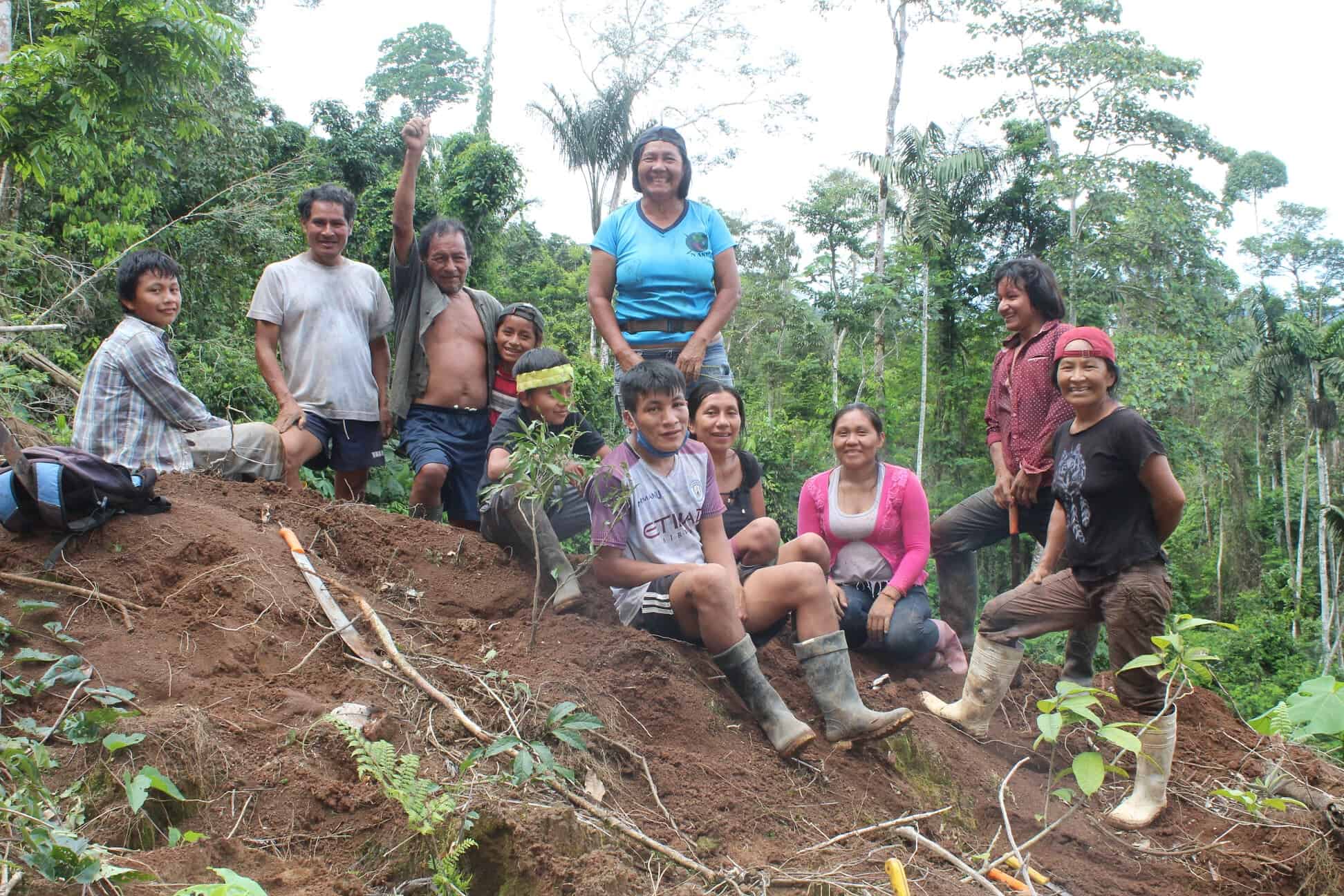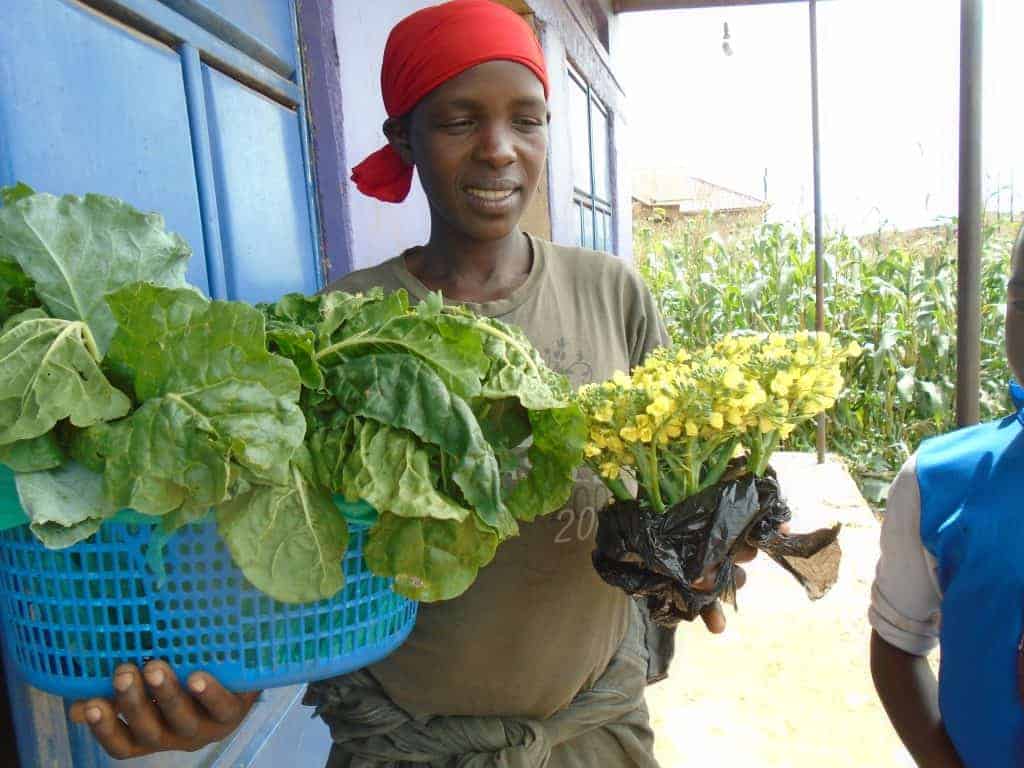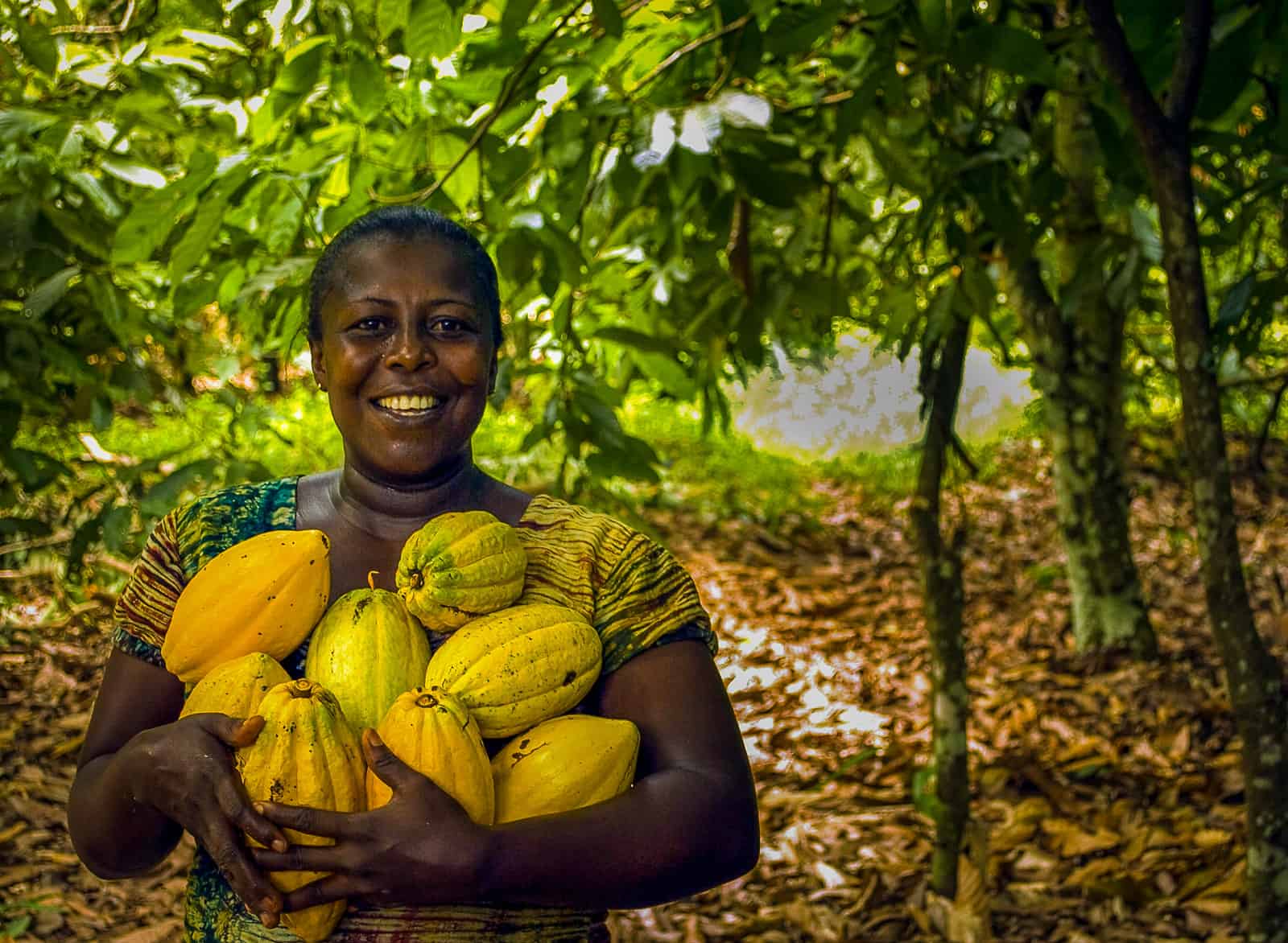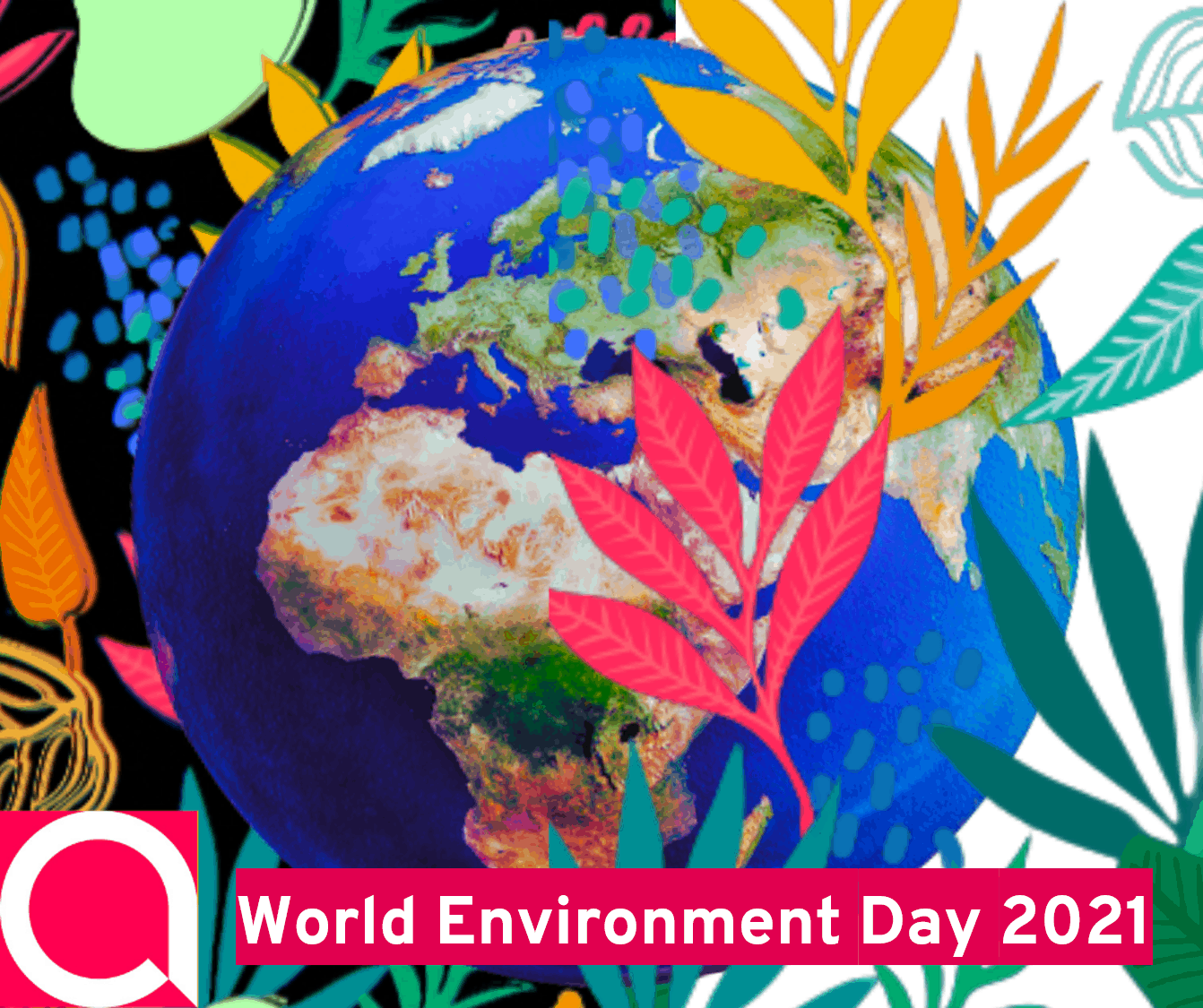This year’s theme of the UN’s World Environment Day is ‘ecosystem restoration’, the process of healing degraded ecosystems and conserving those that are still intact. The 2021 event also marks the formal launch of the UN’s Decade on Ecosystem Restoration, a ”10-year push to halt and reverse the decline of the natural world.”
From forests and grasslands to wetlands and savannahs, marine and coastal ecosystems, by capturing and storing greenhouse gases, these natural environments play a huge role in tackling the climate emergency. Rainforests in the basins of the Amazon and Congo rivers, and in South East Asia, are particularly important because of their vast size and biodiversity. But all three are under threat, as well as the communities that have lived in harmony with them for thousands of years, who often lack rights and economic power. And when these communities, with their knowledge of agriculture and stewardship of over 900 million hectares, are threatened, we are all in danger.

Sustainable incomes for rural communities are key to protecting the planet
Harriet Lamb, Ashden CEO, says “soils and forests will only be safe once local people are able to make a sustainable living from them.” Rural communities are stewards of the land. In fact, resources managed by local people nearly always deliver bigger climate benefits than those managed by businesses or governments. But indigenous communities and others are under huge pressure – from destructive logging and mining, big food and farming, attacks on their rights, and challenges such as Covid.
These communities deserve the chance to earn a decent and sustainable living, while preserving the soils and the forests as they know best. But they often lack access to finance, technology, training and raw materials.
Local and indigenous communities play an undervalued role in conservation and restoration, and are also often stymied by finance not reaching these communities, which generally don’t have the financial means to invest in technology, equipment, materials or training.
Supporting them is a question of climate justice – they didn’t cause the crisis yet are most at risk from its effects. We can support them to build their resilience – and we will all enjoy the benefits.
Meet the pioneers helping to restore and protect our precious ecosystems:
This year’s Ashden Awards is celebrating global innovations in natural climate solutions and regenerative agriculture. The awards spotlight initiatives help make forest communities more resilient as well as supporting sustainable farming methods that nourish soil and boost biodiversity.
Mbou Mon Tour, Democratic Republic of Congo
Mbou Mon Tour is an NGO created by a group of communities in Mai Ndombe province, DRC. The organisation has successfully supported 6 villages in the region (home to 10,000 people) to acquire community forest status in order to protect their forest and savannah ecosystems from logging and degradation and improve their ability to earn a sustainable income from their lands.
As well as supporting the villages through the complex process of obtaining land rights, MMT also builds their ability to manage the territory in a sustainable and participatory way, helping them elect representatives, establish their own ways of working and develop sustainable livelihoods, with a particular focus on bonobo conservation as a driver of ecotourism.
“We don’t do conservation for conservation’s sake,” says Claude Monghiemo, Research Manager at Mbou Mon Tour. “We reconcile conservation and socio-economic development. To stop the breakdown of the forest ecosystem, improve food security and diversify sources of income. Someone who diversifies their sources of income will no longer harm the forest. They have fields, cultivate, consume, sell the surplus.”

Sapara Women’s Association, Ecuador
The Sapara Nation are one of several indigenous groups living in the Ecuadorian Amazon. The Sapara Women’s Association, or ‘Ashiñwaka’, led by activist Gloria Hilda Ushigua Santi, was created in 2009 to protect the rights of Sapara women and build their skills and resilience.
The work of Ashiñwaka includes providing training for Sapara women to be able to participate in international political spaces, to make the most of communication technologies so they can share their stories in their own words and to provide a safe and supportive space space to report cases of violence. The Association is working to defend the nation’s territorial and collective rights while improving their lands.
In recent years, oil exploration has severely threatened their lands and way of life, but Ashiñwaka’s resistance has changed to course of history. In 2013, Ecuador signed contracts with a consortium of oil companies, without consent of the Sapara Nation, to exploit oil resources in their territories, threatening indigenous cultures, and the exceptionally biodiverse ecosystem. Thanks to the sustained social and political resistance of the Ashiñwaka, and other indigenous peoples, in 2019, Ecuador’s government granted a force majeure request by the oil consortium to withdraw from the territory citing the opposition they had come up against.

YICE Uganda – regenerative farming and finance provide food and skills to refugees.
This social enterprise trains women, young farmers and refugees in permaculture farming techniques, while also providing flexible financial services.
Trainer Caleb Odondi Omolo says: “The gardens are designed with nature firmly in mind. Corn is used for mulching, and once broken down by termites replenishes the soil. Banana trees draw in nutrients from the air and ground; spinach, cabbage, and climbing beans create a variety of layers, supporting the whole system as they grow. Everything here has a purpose.”

Conexsus, Brazil
Conexsus helps sustainable producers in the Brazilian Amazon – particularly indigenous or community-led organisations – access federal credit to support their business. This supports everything from sustainable management of tropical wood extraction, to the transition to organic production, to Fairtrade products such as coffee and fruit.
Josenilde Bras Ferreira Riberio, the Treasurer of a community agricultural cooperative in the Tapajos National Forest, explains the impact: “Now we have more influence over the price of wood. As we have financing… We don’t have to run to sell.”

See the complete 2021 international Ashden Award longlist here.
Find out more about the annual Ashden Awards here.

